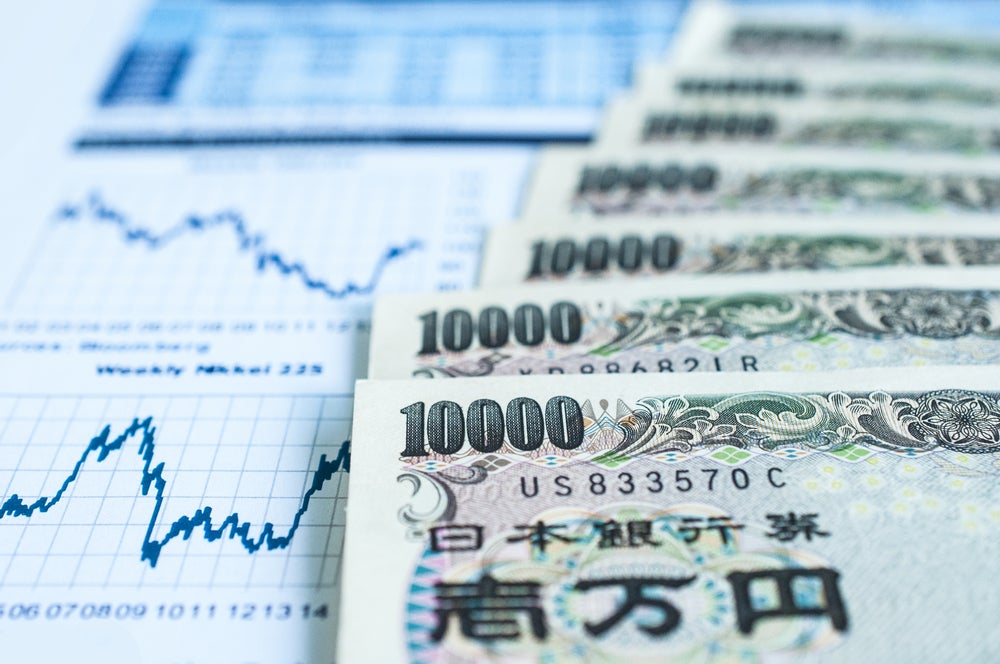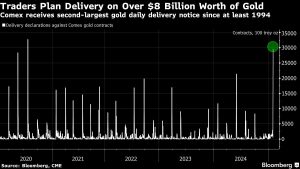
The Bank of Japan policymakers expressed growing concerns about inflation risks and yen weakness during their January meeting, where they raised rates to a 17-year high of 0.5%, according to meeting summary notes released on Monday.
Several board members emphasized the need for “timely and gradual” rate increases, citing mounting price pressures and potential financial overheating. The central bank’s latest move, approved in an 8-1 vote, marks its second rate hike since exiting its decade-long stimulus program in March 2024.
See Also: CEO Of Norway’s Sovereign Wealth Fund Advises Investors To Dump Tech Stocks
The yen has shown modest strength since the last rate hike decision on Jan. 24, with USD/JPY edging down 0.21% to 155.68 from 156.02. Meanwhile, the U.S. Dollar Index has climbed 1.96% to 109.55, reflecting broader currency market dynamics.
BOJ Governor Kazuo Ueda maintains a hawkish stance, indicating readiness for additional rate increases if wage growth continues to support consumption and stable inflation. While some members expressed optimism about a U.S. soft landing, others cautioned about risks from potential U.S. inflation resurgence and escalating trade tensions.
Real interest rates remain “significantly negative” even after the hike, according to one board member, suggesting room for further monetary tightening as Japan aims to sustainably achieve its 2% inflation target.
Read Next:
Image Via Shutterstock
Disclaimer: This content was partially produced with the help of AI tools and was reviewed and published by Benzinga editors.
Market News and Data brought to you by Benzinga APIs
© 2025 Benzinga.com. Benzinga does not provide investment advice. All rights reserved.


